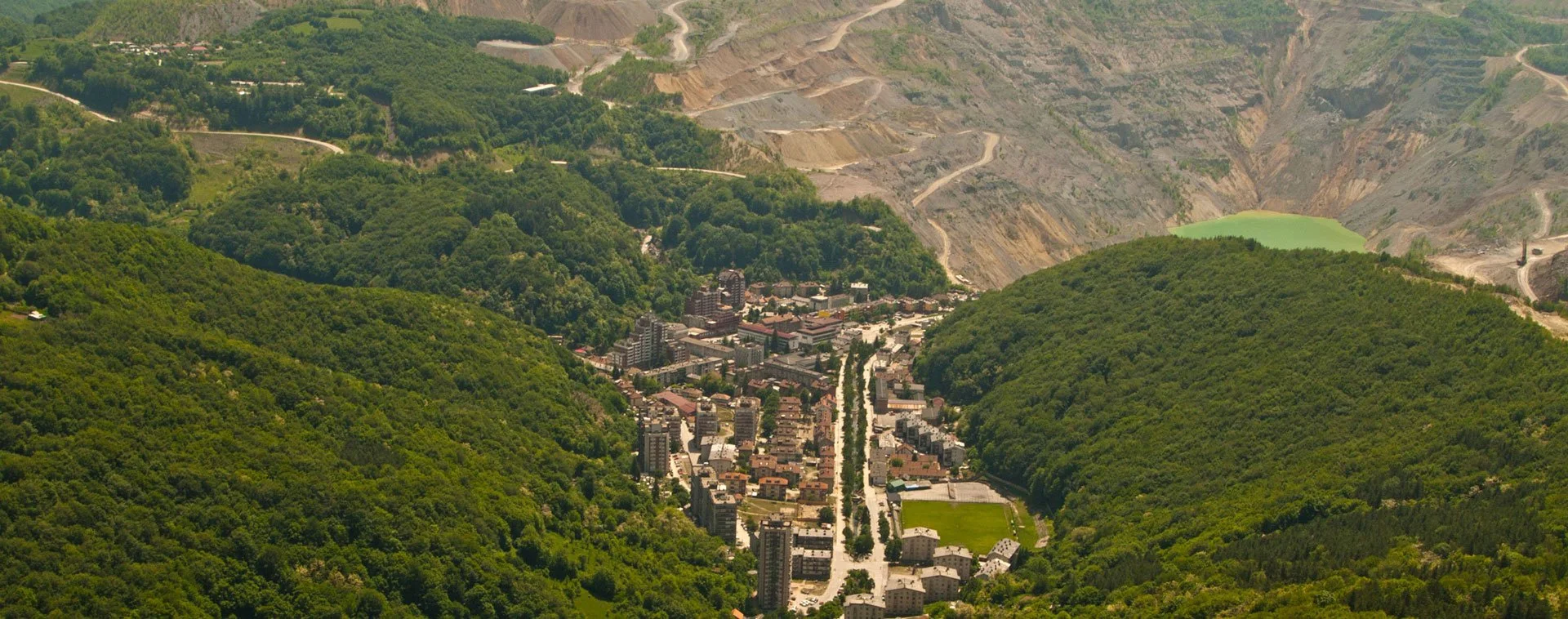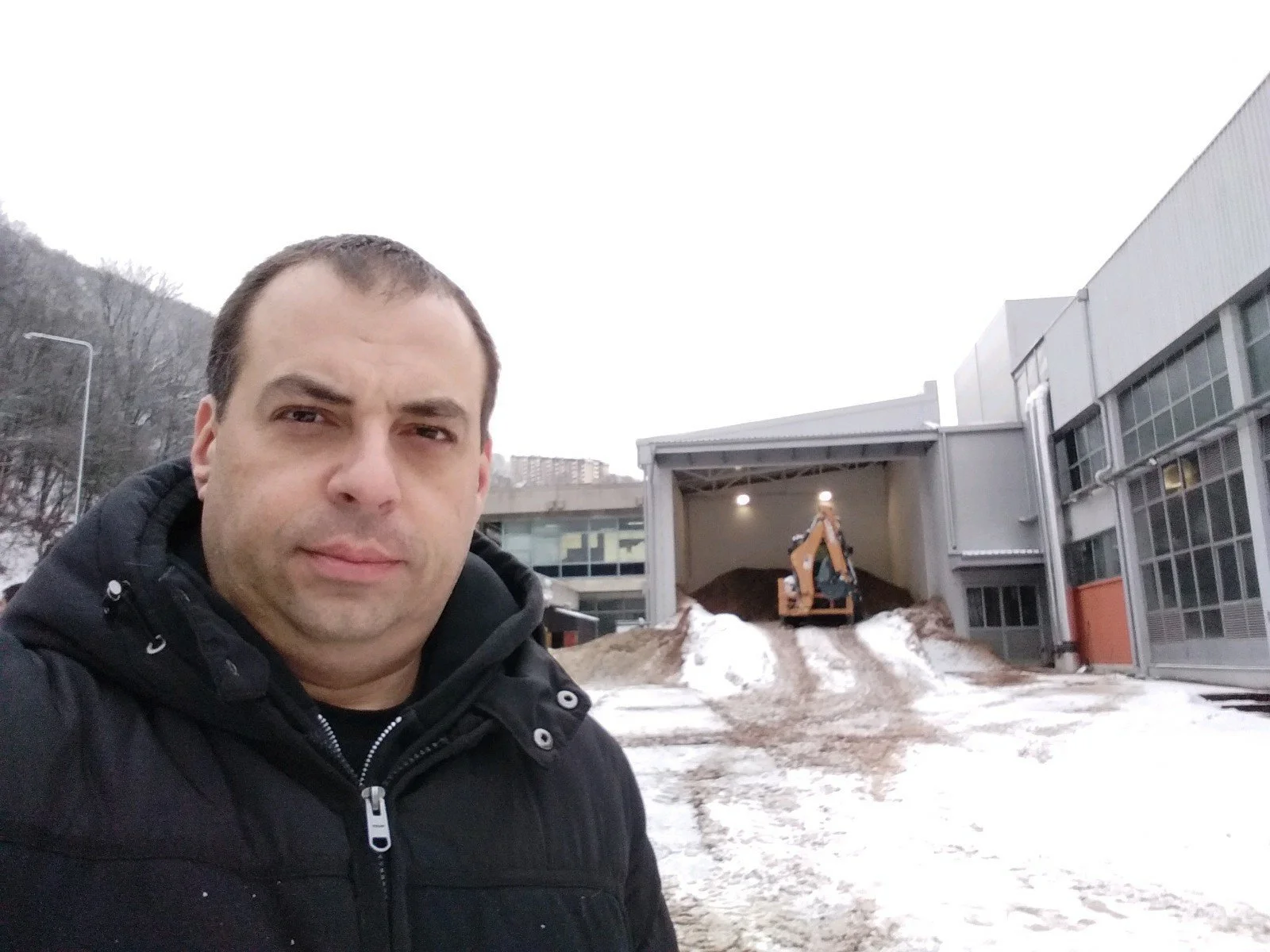Climate-friendly heating in Serbia
The Serbian mining town of Majdanpek is located in a wooded area south-east of Belgrade.
In the mining town of Majdanpek, heating with imported heavy oil has been replaced by renewable energy from locally produced wood chips. The municipality and the inhabitants now get stable and comforting heating around the clock while saving both money and the environment. Norges Vel helped establish what proved to be the beginning of this important shift already in 2012.
- Exactly ten years ago, Norges Vel and the Serbian organization Resurs Centar entered into a cooperation agreement. Together we were to establish a Serbian version of the Norwegian Bioenergy Association, NOBIO. We should also strengthen and inspire forest owners and farmers to better utilize renewable energy resources from the forest, as well as work out a value chain for wood chip production in Majdanpek, says Jorunn Tønnesen, project manager at Norges Vel.
The embassy financed the project
Majdanpek municipality is located in a forested area in Serbia, on the banks of the Danube, a little south-east of Belgrade and with a good view over to Romania. As in so many other cities in Serbia, public buildings and apartment blocks were connected to central heating plants that used heavy oil as an energy source. A system which was both expensive and not very environmentally friendly.
- The country previously had little knowledge of using wood chips for heating. In this project, which was funded by the Norwegian Embassy in Serbia, we built on our own experiences from wood chip firing and the value chain for wood chips in Norway. We wanted to help establish interest among local forest owners, local and national actors in forest management, and not least with local politicians in Majdanpek, says Jorunn.
Many ideas were tested and networks established
Together with Norway's Vel colleagues Johan Ellingsen and Tore Filbakk, seminars, lectures and visits were held in Majdanpek and the surrounding areas. A lot of knowledge was shared, and many ideas were presented and discussed through this project, where establishment of the bioenergy association SERBIO was one of the first things that was put in place https://www.serbio.rs/en.
At the end of the project in 2013, good networks had been established for forest owners and farmers who were interested in becoming suppliers of wood and wood chips, and for NGOs who worked with renewable energy. The newly established SERBIO was functioning as an interest organization for players in the forest industry, for the supplier industry and others.
Continued to work with the municipality
Boris Ilyevsk continued his work with the municipality to bring about a transition from heavy oil to renewable energy. Here in front of the new central heating system.
Boris Ilijevski was the general manager of Resurs Centar at that time, and originally from Majdanpek. After the project expired, he continued working with the municipality to bring about transition from heavy oil to renewable energy. Such a transition would provide a major climate and environmental benefit. Replacing imported heavy oil with renewable energy from locally produced wood chips would also imply major financial savings for the municipality.
- With funds from the Serbian state in the order of 3.5 million euros, the mayor of Majdanpek in December 2021 could proudly open the new central heating system based on locally produced wood chips. The plant reaches 85 percent of the inhabitants of the municipality, and those who live in apartment blocks connected to the central heating system can now enjoy stable and comforting heating - even at night - seven days a week. It comes in handy here in the mountain area where the temperature during winter some days is down to 10 degrees below zero, says Boris.
Also other municipalities want to switch to renewable energy
The work and efforts invested in the transition from fossil to renewable energy in Serbia has received funding from the German aid organization GIZ and German Development Bank KfW. EU funds have also been made available for this highly desired development, and now five other municipalities in Serbia will make similar changes in 2022.
However, Resurs Centar and Majdanpek municipality do not stop producing only heat. The next in line is now to look at the possibilities for also producing electricity from renewable sources.
- In Norges Vel we have long experience of being an initiator, we know it is challenging and that it can take time. It is therefore with great pleasure we see that the work which was started in 2012 with relatively limited funds from the Norwegian Embassy in Belgrade, solidly managed and used by Boris and his colleagues in Resurs Centar, has developed into a fully operational heating system 10 years later, Jorunn concludes.










